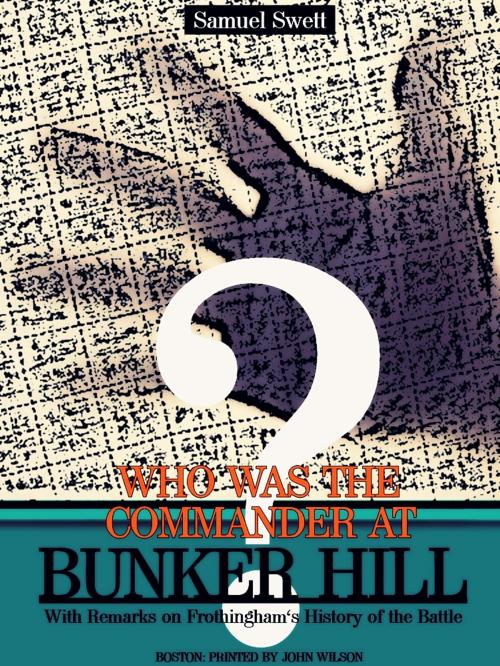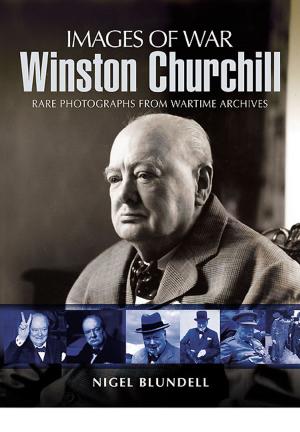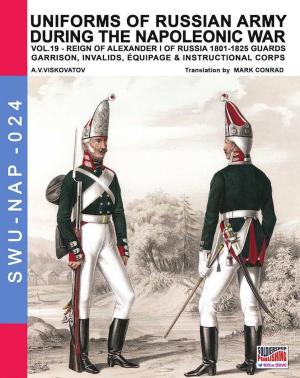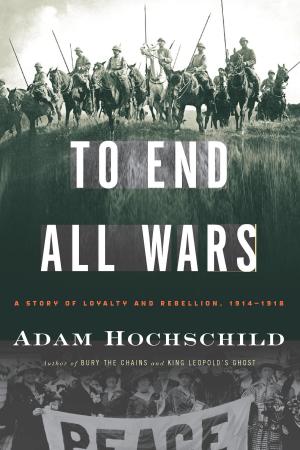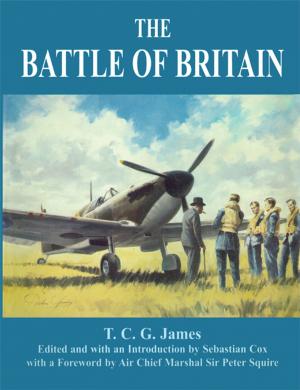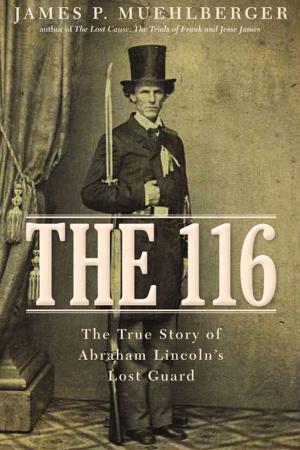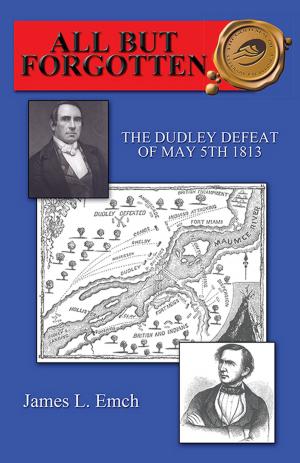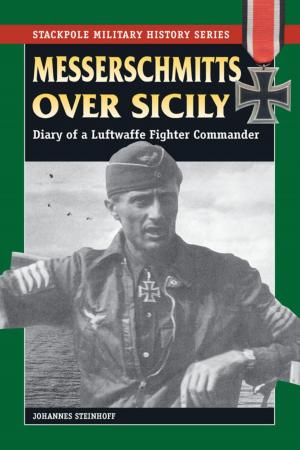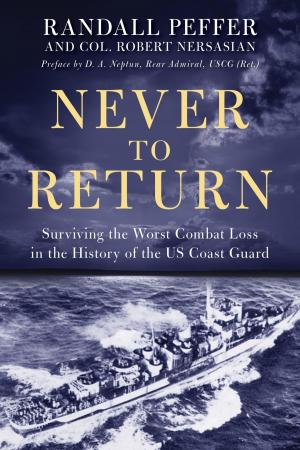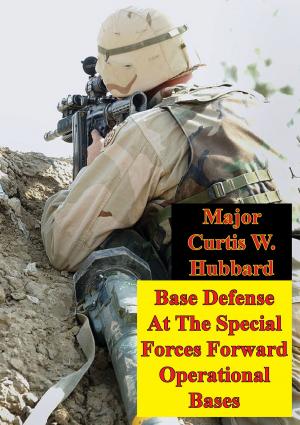Who was the Commander at Bunker Hill?
With Remarks on Frothingham's History of the Battle
Nonfiction, History, Americas, United States, Revolutionary Period (1775-1800), Military| Author: | Samuel Swett | ISBN: | 1230000279415 |
| Publisher: | BOSTON: PRINTED BY JOHN WILSON | Publication: | November 11, 2014 |
| Imprint: | Language: | English |
| Author: | Samuel Swett |
| ISBN: | 1230000279415 |
| Publisher: | BOSTON: PRINTED BY JOHN WILSON |
| Publication: | November 11, 2014 |
| Imprint: | |
| Language: | English |
Example in this ebook
COMMAND AT BUNKER HILL.
Thirty-two years since, though without any pretensions to be an author, we consented to write an account of Bunker Hill Battle, as a feeble contribution to the monument of fame that history owed our ancestors. But, we find, one may be an author in spite of himself; we have been compelled to address the public repeatedly in defence of our history, though never before with so great reluctance. By this time we hoped to enjoy the privilege of age, to exempt us from this task; and, notwithstanding our friendly regards for Mr. Frothingham, and a high appreciation of his book for its intentional honor and honesty and successful research, we shall be obliged to notice at least one of his mistakes. For he is under the same ban as all our race: “to err is human.” And were his mistake solitary, it would compensate for that by its magnitude, nay, its sublimity. According to him, the great Battle of Bunker Hill was fought, on our side, by a headless mob; and, to prove this, he adduces the most incontrovertible argument in the world, were it true,—that the army at Cambridge, which had been for two months collecting and organizing under the able and experienced Gen. Ward, assisted by a host of accomplished veteran officers, was itself a mob. He terms it, by a new-invented name, “an army of allies;” a misnomer, calculated to mislead his readers in regard to its organization. On the files of the Provincial Congress, and by the Committee of Safety, it is termed the New England army; and, in the gazettes of the day, the American army. Gen. Putnam, he says, would have been the commander in the battle, had the army been “regularly organized;” but, because “it had not yielded to the vital principle of subordination,” he was present as a patriotic volunteer. He has treated Gen. Putnam’s character with the utmost candor and kindness, as animals destined for the altar are pampered, to be sacrificed at last.
It will be our duty to enter into a thorough investigation of this subject of the command, though with great repugnance, on account of its involving the rival claims of Putnam and Prescott. For both those heroes we entertain the most devoted admiration, and the deepest interest in their fame. Could we have imagined that any such discordant claims might be advanced, our history had never been commenced. In our numerous conversations with Judge Prescott on the subject, we never discovered their existence until our history was published. He had presented to the Athenæum Gen. Heath’s Memoirs, as a declaration, we presumed, that the statements in them relative to his father were correct; and to Heath’s opinions we subscribed. We have contented ourselves heretofore with a simple statement of the facts that were known relative to the command; but an historian is bound to state the principles, as well as the facts, relative to the characters he introduces, and the legitimate conclusions resulting from those facts and principles, as much as a counsellor is bound to do so for his client.
The author, in robbing Putnam of the command, “not enriches” Prescott, nor any one else. He does not intimate the possibility that Prescott may have been the commander of the battle: so far from it, he emphatically denies that he issued any order whatsoever on Bunker Hill, or at the rail-fence; and states that he was one of the junior colonels in the army, that Col. Frye was an older officer and in the battle; whilst he does not pretend that Prescott exercised, or had a right to exercise, any command over him, or over other colonels who were in the battle, and older officers than himself. He attributes to Prescott nothing more than a colonel’s command over his detachment, which, by some unaccountable mistake, he computes at twelve hundred, whilst it is limited at one thousand by Col. Prescott himself, and all reliable authorities.
To be continue in this ebook...............................................................................................................
Example in this ebook
COMMAND AT BUNKER HILL.
Thirty-two years since, though without any pretensions to be an author, we consented to write an account of Bunker Hill Battle, as a feeble contribution to the monument of fame that history owed our ancestors. But, we find, one may be an author in spite of himself; we have been compelled to address the public repeatedly in defence of our history, though never before with so great reluctance. By this time we hoped to enjoy the privilege of age, to exempt us from this task; and, notwithstanding our friendly regards for Mr. Frothingham, and a high appreciation of his book for its intentional honor and honesty and successful research, we shall be obliged to notice at least one of his mistakes. For he is under the same ban as all our race: “to err is human.” And were his mistake solitary, it would compensate for that by its magnitude, nay, its sublimity. According to him, the great Battle of Bunker Hill was fought, on our side, by a headless mob; and, to prove this, he adduces the most incontrovertible argument in the world, were it true,—that the army at Cambridge, which had been for two months collecting and organizing under the able and experienced Gen. Ward, assisted by a host of accomplished veteran officers, was itself a mob. He terms it, by a new-invented name, “an army of allies;” a misnomer, calculated to mislead his readers in regard to its organization. On the files of the Provincial Congress, and by the Committee of Safety, it is termed the New England army; and, in the gazettes of the day, the American army. Gen. Putnam, he says, would have been the commander in the battle, had the army been “regularly organized;” but, because “it had not yielded to the vital principle of subordination,” he was present as a patriotic volunteer. He has treated Gen. Putnam’s character with the utmost candor and kindness, as animals destined for the altar are pampered, to be sacrificed at last.
It will be our duty to enter into a thorough investigation of this subject of the command, though with great repugnance, on account of its involving the rival claims of Putnam and Prescott. For both those heroes we entertain the most devoted admiration, and the deepest interest in their fame. Could we have imagined that any such discordant claims might be advanced, our history had never been commenced. In our numerous conversations with Judge Prescott on the subject, we never discovered their existence until our history was published. He had presented to the Athenæum Gen. Heath’s Memoirs, as a declaration, we presumed, that the statements in them relative to his father were correct; and to Heath’s opinions we subscribed. We have contented ourselves heretofore with a simple statement of the facts that were known relative to the command; but an historian is bound to state the principles, as well as the facts, relative to the characters he introduces, and the legitimate conclusions resulting from those facts and principles, as much as a counsellor is bound to do so for his client.
The author, in robbing Putnam of the command, “not enriches” Prescott, nor any one else. He does not intimate the possibility that Prescott may have been the commander of the battle: so far from it, he emphatically denies that he issued any order whatsoever on Bunker Hill, or at the rail-fence; and states that he was one of the junior colonels in the army, that Col. Frye was an older officer and in the battle; whilst he does not pretend that Prescott exercised, or had a right to exercise, any command over him, or over other colonels who were in the battle, and older officers than himself. He attributes to Prescott nothing more than a colonel’s command over his detachment, which, by some unaccountable mistake, he computes at twelve hundred, whilst it is limited at one thousand by Col. Prescott himself, and all reliable authorities.
To be continue in this ebook...............................................................................................................
